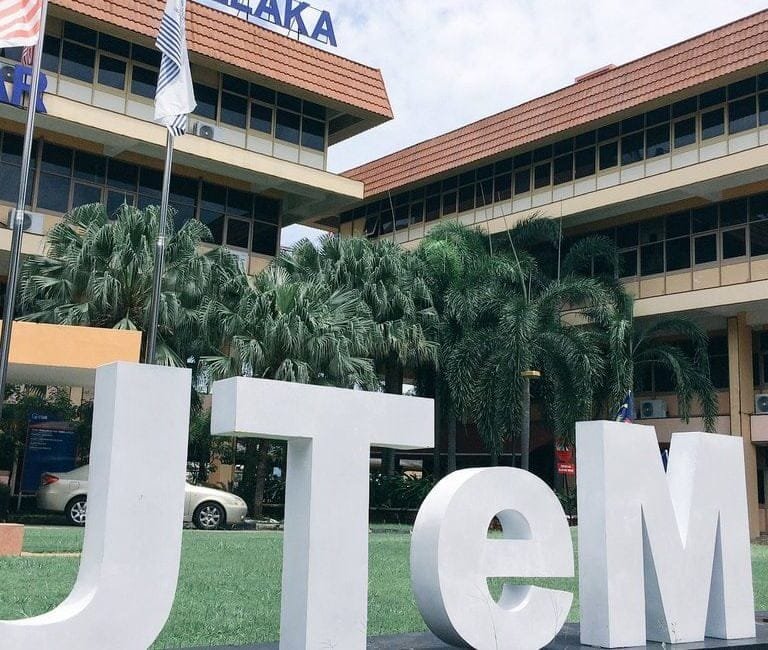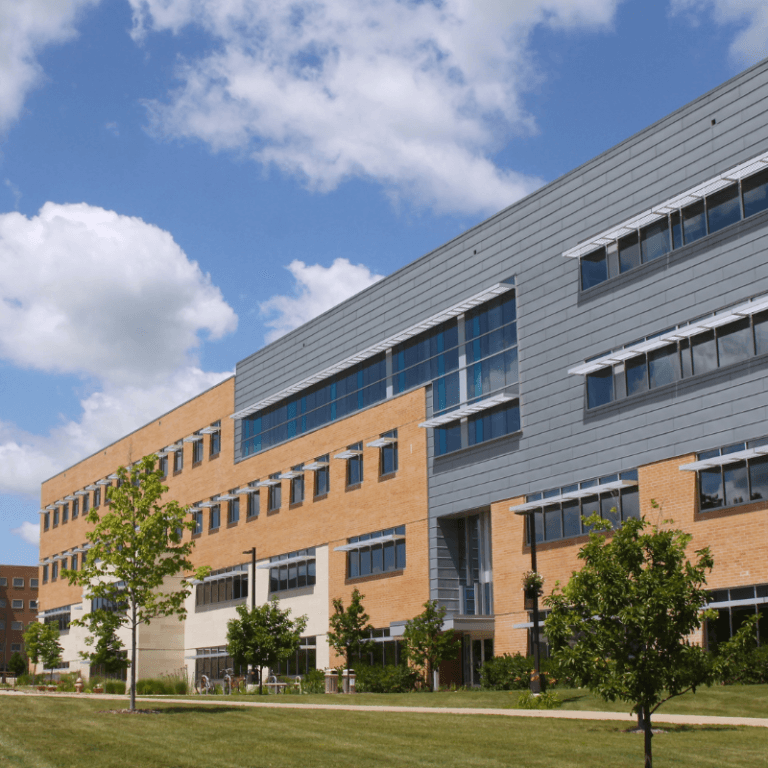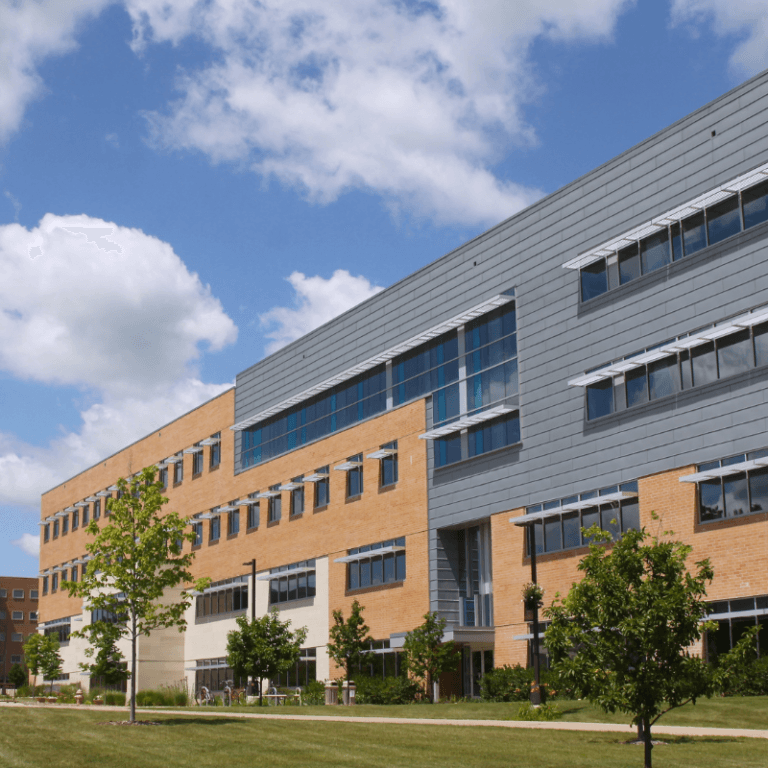An overview of the specialty of general surgery
General surgery is a branch of medicine that specializes in diagnosing and treating conditions that require surgical operations on multiple parts of the body. General surgery surgeons perform surgeries that include many subspecialties, such as abdominal and digestive surgery, bone and joint surgery, breast surgery, vascular surgery, bariatric surgery, and others.
General surgery surgeons' duties include:
- Evaluating patients and diagnosing their conditions.
- Planning and performing necessary surgeries.
- Monitoring patients' development after surgeries.
- Providing post-operative care.
This specialty requires advanced surgical skills and in-depth knowledge of diagnosing and treating a variety of surgical conditions. The general surgery surgeon relies on advanced medical technology and modern scientific developments to achieve the best outcomes for patients.
In general, the general surgery specialty aims to provide comprehensive and effective medical care to patients who need surgical procedures, whether emergency or elective, improving their quality of life and providing them with the necessary support during the healing and recovery processes.
Admission Requirements
Admission requirements usually include academic qualifications, English language skills, admission tests and interviews.
- Academic qualifications: At least 5 B grades in SPM (or equivalent) including Biology, Chemistry, Physics, Mathematics or Additional Mathematics, and a pre-university qualification with a minimum GPA of 3.0 in relevant subjects.
- English Language Skills: Minimum IELTS score is 6.0 (or equivalent).
- Admission Test: Some universities may require UMAT or BMAT.
Duration of study
The duration of studying medicine in all universities in Malaysia is 5 academic years or the equivalent of 10 semesters. Without the preparatory year
The best universities that offer this program in Malaysia
| University Name | Class | Annual fees | details |
| Cyberjaya University Malaysia | Bachelor of Medicine and Bachelor of Surgery (MBBS) | $22,500 | more details |
| UKM University | Doctor of Medicine | $23,810 | more details |
| USM University | Doctor of Medicine | $27,500 | more details |
| IMU University | Doctor of Medicine | $27,175 | more details |
| Monash University | Bachelor of Medicine and Bachelor of Surgery (MBBS) | $27,000 | more details |
| Taylor's University | Bachelor of Medicine and Bachelor of Surgery (MBBS) | $21,546 | more details |
| MAHSA University | Bachelor of Medicine and Bachelor of Surgery (MBBS) | $19,786 | more details |
| SEGI University | Bachelor of Medicine and Bachelor of Surgery (MBBS) | $17,217 | more details |
| UCSI University | Doctor of Medicine | $17,075 | more details |
| UTAR University | Bachelor of Medicine and Bachelor of Surgery (MBBS) | $15,500 | more details |
| UNIKLUniversity | Bachelor of Medicine and Bachelor of Surgery (MBBS) | $14,800 | more details |
The most important Arab and international universities for studying medicine
International universities:
- Harvard University - United States
- University of Oxford - United Kingdom
- Johns Hopkins University - United States
- Stanford University - United States
- University of Cambridge – United Kingdom
Arab universities:
- King Saud University (King Saud University) - Saudi Arabia
- Cairo University (Cairo University) – Egypt
- King Abdulaziz University (King Abdulaziz University) – Saudi Arabia
- American University of Beirut (American University of Beirut) – Lebanon
- University of Jordan (University of Jordan) – Jordan
Professional paths for general surgery
General surgery specialization opens the door to many different and exciting career paths. Here are some career paths that can be followed in the field of general surgery:
- General Surgeon: General surgeons can practice general surgery in hospitals and medical clinics to treat a variety of surgical conditions, ranging from emergency surgeries such as cuts, fractures, and severe bleeding to surgeries of internal organs such as the digestive, nervous, and cardiovascular systems.
- Subspecialties within surgery: General surgeons can specialize in specific subfields within general surgery, such as bone and joint surgery, breast surgery, bariatric surgery, and others. These specializations require additional training and specialized experience.
- Teaching and Research: General surgeons can serve as faculty members at universities and medical schools, and participate in medical research and clinical trials to make important contributions to the development of the field of surgery.
- Healthcare Administration: General surgeons can advance in healthcare administration, assuming management, planning, and organizational responsibilities for healthcare organizations.
- Humanitarian and volunteer work: General surgeons can participate in humanitarian and volunteer work in communities in need, whether by providing free health care or participating in global humanitarian missions.
Advantages of general surgery specialization
The general surgery major has many advantages that make it an exciting and tempting option for many medical students. This specialization enables a comprehensive and diverse professional experience in the field of medicine, in addition to the possibility of specializing in a specific surgical field after gaining sufficient experience. Its advantages also include the excitement and challenge of daily surgical work, and the direct impact on patients' lives by providing necessary medical care and performing surgical procedures. Besides, specialization in general surgery provides stable and strong job opportunities in the field of medicine and surgery.
















